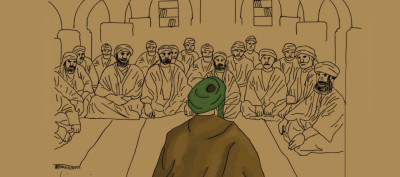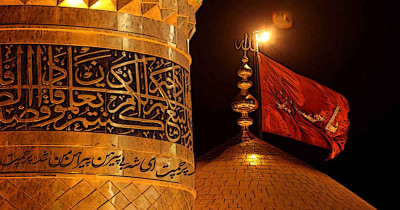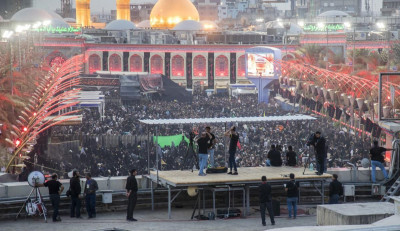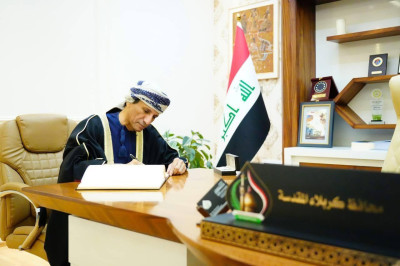Imam Muhammad ibn Ali, known as al-Baqir (meaning the one who splits open knowledge), is the fifth Imam in the line of Ahl al-Bayt (peace be upon them). He lived during a time of political unrest and sectarian confusion, yet he quietly ignited a revolution of knowledge, reviving the intellectual and spiritual legacy of the Prophet Muhammad (peace be upon him and his family).
Through deep teachings, wisdom, and unmatched insight, Imam al-Baqir laid the groundwork for generations of scholars and seekers. He was the Imam who opened the gates of Islamic sciences.
Lineage and Birth
Imam al-Baqir was born in 57 AH in Medina. His lineage is unique, he was the only Imam born to two grandchildren of the Prophet.
His father: Imam Zayn al-‘Abidin, son of Imam Hussain (peace be upon them)His mother: Fatimah bint al-Hasan, daughter of Imam Hasan (peace be upon them)This made him the product of both of the Prophet’s noble grandsons, a union of light upon light.
His Title: “Al-Baqir”
The Prophet Muhammad (PBUH) himself foretold the coming of Imam al-Baqir. According to authentic narrations, he said to Jabir ibn Abdullah al-Ansari:
"You will live to see a son of mine named Muhammad, who will split knowledge open thoroughly. When you see him, convey my salaam to him."
And indeed, Imam al-Baqir became known for unveiling the deepest layers of religious knowledge, explaining the Qur’an, Hadith, Fiqh, theology, and ethics with precision and depth.
Era of Opportunity and Teaching
Imam al-Baqir lived during the decline of the Umayyad dynasty. Unlike his forefathers, who lived under intense political repression, he found a brief window to teach, guide, and nurture scholars.
He taught in Medina, forming one of the earliest Islamic schools of knowledge. Among his students were giants of Islamic scholarship, both Sunni and Shia. Thousands would attend his circles, and he transmitted over 16,000 narrations, covering jurisprudence, tafsir, theology, and spirituality.
He was a master not only in religious sciences but also in natural sciences, agriculture, and social justice.
Key Teachings
Imam al-Baqir emphasized the importance of:
Knowledge rooted in sincerityActing on what you knowTawheed (Divine Oneness) and God's mercyJustice, especially in times of oppressionAvoiding arrogance and self-righteousnessCompassion for the poor and oppressedHe also warned against blind imitation (taqlid) without understanding and invited people to reflect, question, and seek depth in their faith.
His Character
Imam al-Baqir was known for his gentle manners, modesty, and generosity. He would serve food to the poor in Medina, visit the sick, and give charity silently. Despite his vast knowledge, he never showed arrogance, only patience and humility.
His Martyrdom
As his influence grew, the Umayyad rulers began to feel threatened. Imam al-Baqir was poisoned by the tyrant Hisham ibn Abd al-Malik and attained martyrdom in 114 AH, in the city of Medina.
He was buried in Jannat al-Baqi‘, next to his father and other Imams, though his grave, like theirs, remains unmarked today due to later desecrations.
Legacy
Imam al-Baqir’s legacy is immense. He was the bridge between Karbala and the academic awakening of the Ummah. He passed the torch of knowledge to his son, Imam Ja‘far al-Sadiq, who continued building the intellectual foundation of Islam.
Imam Muhammad al-Baqir (peace be upon him) was a man of sacred words, unlocking the hidden meanings of the Qur’an and restoring the spiritual identity of a struggling Ummah.
He is the Imam of deep understanding, whose name “al-Baqir” continues to remind us that true knowledge must be lived, not just learned.














اترك تعليق